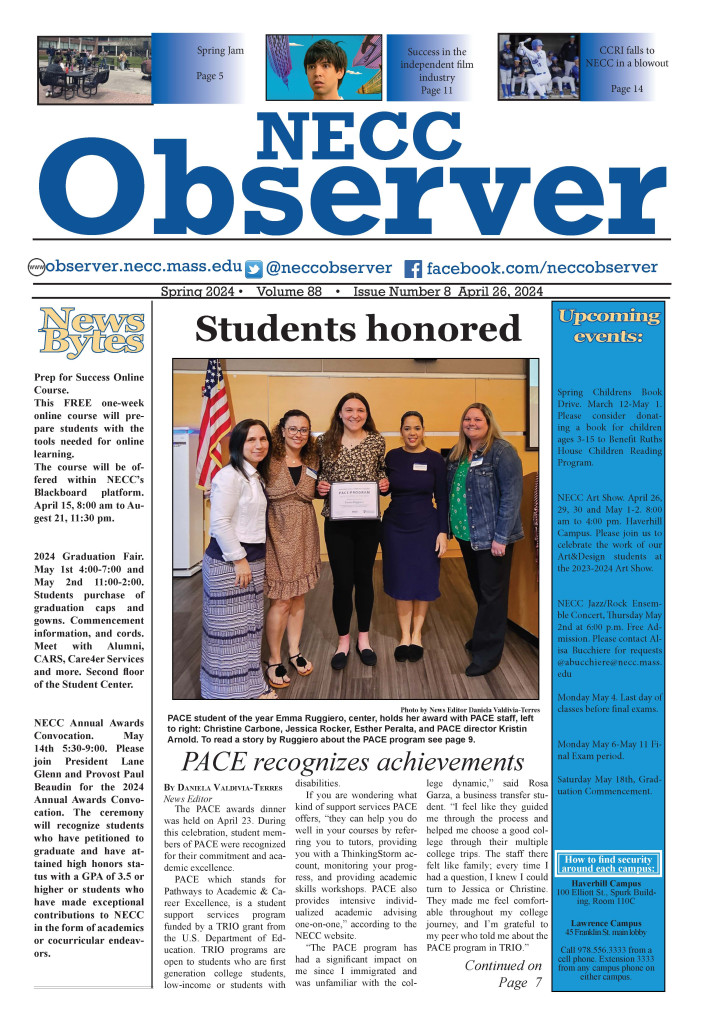U.S. Congresswoman Alexandrea Ocasio-Cortez (D–NY 14th District) made a bold statement on her dress at the star-studded Met Gala last month. Ocasio-Cortez wore a white off the shoulder gown by Brothers Veillies with the words “Tax the Rich” in bold red letters emblazoned on the back of the stunning gown. Ocasio-Cortez was advocating for President Joe Bidens $3.5 trillion Build Back Better Act, otherwise known as the Reconciliation Bill.
President Biden’s proposal in the Build Back Better Act should create new opportunities to boost education system, infrastructure, and increase accessibility to a higher education. The Build Back Better Act will invest $111 billion to lower the cost of a higher education for students. One way to do that is to increase taxes from 37% to 39.6% on anyone who makes over $400,000 annually and raise corporate income tax from 21% to up to 28% (which is still lower than the Obama administrations corporate tax rate, which was 35%). Raising taxes on those individual and corporations will help pay for more accessible social programs such as two free years of a higher education at a community college or trade school.
The Build Back Better Act is a once in a generation investment that refers to the historical challenges that face the country and our young people. The “millennials” are the most under educated generation in recent history in terms of lack of qualified teachers and overcrowded classrooms. The Build Back Better Act will ensure that postsecondary education is affordable and accessible to high school graduates. A recent survey of high school students found that the likelihood of attending a four-year college sank nearly 20% in the last eight months, down to 53% from 76% according to ECMC group, a non-profit aiming to help young borrowers.
Affordability, for post-secondary education in the United States, should be defined by what is reasonable to expect students and their families to contribute financially toward their post-secondary education. This information should be publicly available and shared with both the students and their families in a clear, predictable manner. College can seem like an unattainable goal for countless low- middle class, and lower-class students. The thought of owing tens of thousands of dollars can be stress inducing, cause anxiety and make you second guess wanting to pursue a post-secondary education. Ocasio-Cortez and the progressive movement are simply trying to make higher education affordable and attainable for all Americans who have a dream. According to a recent CNBC poll, students from lower socioeconomic households are eight times less likely to earn a four-year degree when compared to the top socioeconomic households (7.4% to 60%).
The significant increase in the cost of college has outpaced both inflation, but more importantly, families’ incomes over recent decades. The Build Back Better Act will be an investment that will also expand the value of the Pell Grant. Pell Grants have not kept up with the increase in cost of education. The Build Back Better Act will expand the Pell Grant by nearly $1,500 which would go on top of the $6,495 maximum currently to help lower income students pay for a two- or four-year degree, bringing the grand total to $7,995 per scholastic year.
The Build Back Better Act plan invests in evidence-based strategies to strengthen completion and retention rates at community colleges and institutions that serve their students from our most disadvantage communities. President Biden understands that 15 years of school is no longer enough to attain higher paying jobs without a degree. Between 2010 and 2016, majority of high school graduates needed education beyond high school, to earn a living wage income. In 2021 there is a great need for skills development opportunities for high quality jobs.
The Build Back Better Act will help bring families out of poverty. President Biden wants a more equitable, stable system to support our youth. The Build Back Better Act gives lower income students a fair shot at success in life that otherwise might not be afforded to them. If the Build Back Better Act becomes law in its current state, educators will see a boost to digital and online learning that has already grown dramatically during the Covid-19 pandemic.
The Senate needs every Democrat to vote for the bills passage. Democratic Senators Joe Manchin (West Virginia) and Krysta Sinema (Arizona) are the hold outs for this bill. Senator Manchin has stated the price tag would have to come down somewhere between $1 trillion and $1.5 trillion for him to consider voting yes on the bill. Senator Manchin has at least put out the notion that his vote could be swayed to yes if certain changes are made to the bill, the same can not be said for Senator Sinema. The freshman senator from Arizona was recently welcomed home with demonstrators at the airport. Her constituents want the Build Back Better Act signed into law. They want answers as to why she is unwilling to vote yes on the 3.5 trillion-dollar reconciliation bill (Build Back Better Act) that would benefit all Americans with better paying wages to help lift people out of poverty. Senator Sinema has tweeted in the past that she thought we should provide two years of post-educational education in community colleges or a trade school to all Americans. Time will tell if Senator Manchin and Senator Sinema will do the right thing by their constituents and vote according to the will of the people rather corporate donors.

